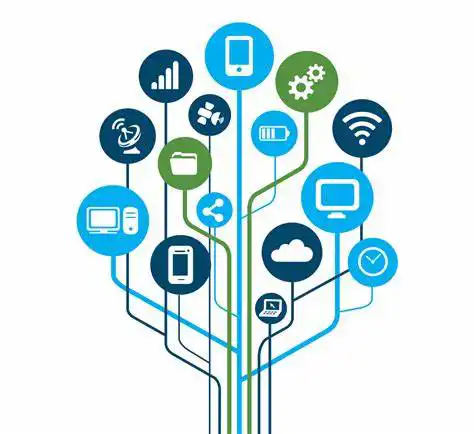Lawsuit Claims Tesla Autopilot Is Defective
Tesla Inc., the electric vehicle manufacturing giant, has been accused of integrating a defective self-driving feature in its vehicles. A class-action lawsuit has been filed by Tesla owners who argue that the Autopilot feature in Tesla’s electric vehicles is flawed.
This scandal adds to the ongoing debates questioning the safety and efficacy of autonomous cars. The class-action lawsuit is a consortium of Tesla owners who claim the Autopilot feature was described as 'safer and stress-free' but didn't deliver on this promise.

The plaintiffs include customers from California, Colorado, New Jersey, and Florida. They assert that Tesla was well aware of these defects but nonetheless proceeded to market and sell the vehicles.
Elon Musk, Tesla CEO, had described these systems as being capable of practically rendering the vehicle 'self-driving.' However, these claims now stand in contradiction with the harsh reality facing the electric vehicle manufacturer.
Details of The Lawsuit
The case highlights instances of Tesla electric cars behaving unpredictably. The complaint mentions sudden acceleration, failure to stop at traffic signals, and other erratic behavior unsuitable for an autonomous vehicle.
The accusations amplified following reported incidents where Tesla vehicles were involved in fatal crashes while operating on Autopilot. Most of these crashes reportedly involved the Tesla cars colliding into stationary objects or veering off the road.
Despite these alarming incidents, Tesla maintains that its Autopilot system requires active supervision and engagement by the driver, significantly contradicting Musk's initial claim that the cars could be self-driving.
Pressure is mounting on Tesla and Elon Musk, with regulatory authorities and industry watchdogs scrutinizing the company's practices and products, and consumers demanding accountability and safety measures.
Assessing The Impact On Tesla's Future
Legal allegations inevitably create issues for any business, let alone a high-profile company like Tesla. The lawsuit against Tesla's Autopilot system could have significant consequences for the electric car manufacturer.
A worst-case scenario could see Tesla forced into recalling vehicles to rectify the referenced problems. The resulting financial and reputational costs could be significant given Tesla's large customer base globally.
If regulatory bodies consider the complaints to be valid, Tesla will face significant pressure to modify and improve its automated driving function. Further, such measures would likely slow down the introduction of its upcoming automated models.
Even as Tesla confronts this legal battle, its reputation as an EV industry leader and innovator continues to precede it. Despite the controversy, the company has successfully launched a range of electric cars that remain highly popular.
Tesla and the Wider Autonomous Vehicle Industry
This lawsuit isn’t just a challenge for Tesla. The allegations could potentially impact the future of the entire autonomous driving industry. There has been a rush to automate driving, but safety concerns have repeatedly questioned this progress.
The dilemma the auto industry faces boils down to this question: how safe is safe enough? Most accidents in traditional vehicles are due to human error. If autonomous vehicles can reduce the accident rate, at what point do we decide they are safe enough to deploy?
Consequently, regulatory boards worldwide are yet to develop a robust framework to regulate autonomous vehicle technologies. This uncertainty leads to a gray area where companies like Tesla can operate, but also leaves them vulnerable to lawsuits like the present one.
The lawsuit provides a warning for all autonomous vehicle manufacturers that they must thoroughly vet and ensure the safety of their self-driving features before they can be sold to consumers.